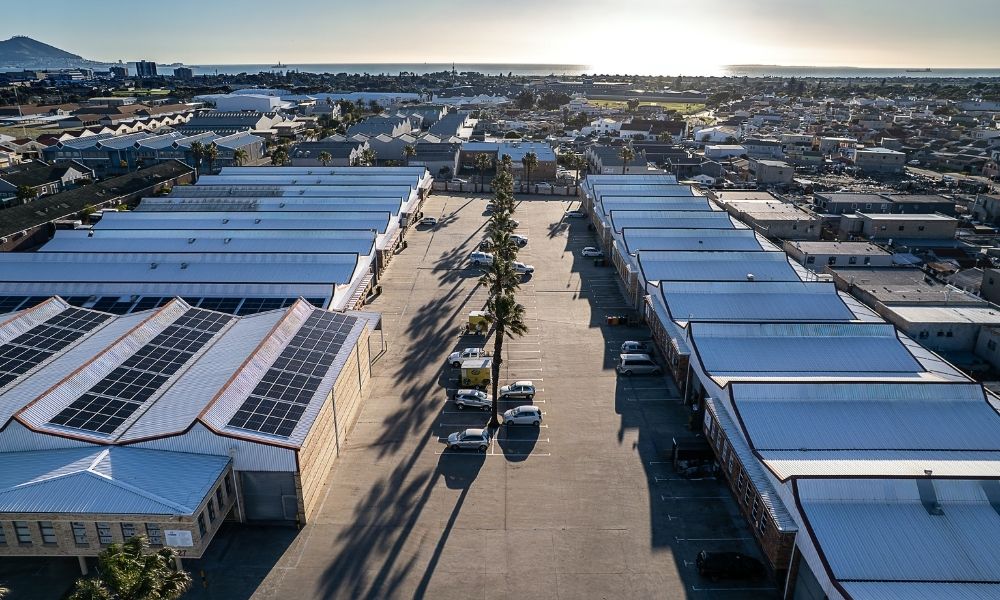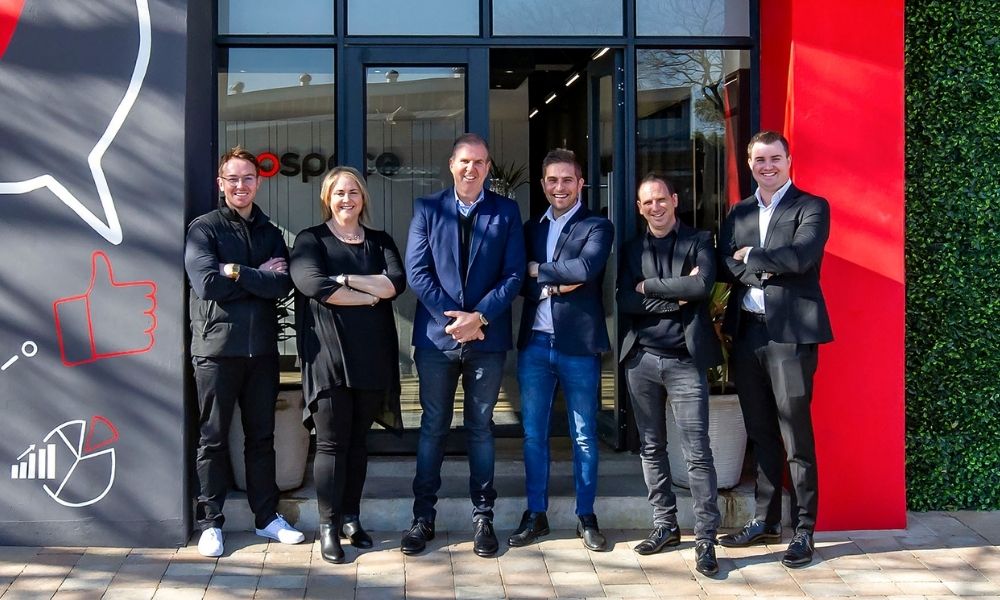Can retail malls convert to industrial?
The retail-to-industrial conversion trend is expanding to shopping centers and the question that we need to discuss is whether this trend will move to other property markets.

In several markets around the world, dead retail malls are now being viewed as attractive targets for industrial conversion projects. The retail-to-industrial conversion trend is expanding to shopping centers and the question that we need to discuss is whether this trend will move to other property markets outside of the US.

Inospace has done several conversion projects from office space to industrial space. Its recent project at Wetton Works is a great example of the office-to-industrial conversion. In South Africa, this trend has been growing in industrial areas where the demand for large offices continues to fall.
The low-rise office to industrial trend may be growing in South Africa, but in the USA shopping mall owners are increasingly considering projects that would convert vacant department store space in existing malls into last-mile distribution facilities as demand for industrial space has far outpaced any other sector during the coronavirus pandemic.
In the US, the Simon Property Group, who are one of the largest owners of of outlet malls is in talks with Amazon to turn some of its vacant department store spaces formerly occupied by JCPenney and Sears into e-commerce distribution centers.
When asked about their strategy David Simon said he would not respond to "market rumors," but he did speak to the larger trend. "Generally, the important thing going on that we're seeing is that more and more retailers are distributing their e-commerce orders from their stores, so they're fulfilling from their stores and there are also the curb side pickup and all sorts of fulfilment options available," Simon said. "That's a good trend long term for us".

Brookfield Properties, another major U.S. mall owner, is beginning to experiment with using space at its active shopping centers for industrial distribution space. The CEO of Brookfield's retail group, Jared Chupaila, discussed the strategy recently. "We have begun to test and trial with retail tech companies that are providing solutions for last-mile delivery and other fulfillment solutions where we can use otherwise unused space at the back end of shopping centers to help consolidate the packages and provide greater convenience to the couriers, all of which is expediting the delivery of the product and the volume of the product that could be delivered to the end customer".
Brookfield Properties, another major U.S. mall owner, is beginning to experiment with using space at its active shopping centers for industrial distribution space. The CEO of Brookfield's retail group, Jared Chupaila, discussed the strategy recently. "We have begun to test and trial with retail tech companies that are providing solutions for last-mile delivery and other fulfillment solutions where we can use otherwise unused space at the back end of shopping centers to help consolidate the packages and provide greater convenience to the couriers, all of which is expediting the delivery of the product and the volume of the product that could be delivered to the end customer".
Amazon has already shown a willingness this year to lease space formerly occupied by retailers for its distribution facilities. In February, it signed a 10-year deal for thirty thousand square metres at the Rentar Plaza Mall, also known as the Metro Mall, in Queens, New York.
More than half the space that Amazon will take at the Queens property was formerly occupied by Kmart and Toys R Us. The property continues to operate as a mixed-use asset with existing retailers such as BJ's Wholesale Club, Jennifer Furniture and Burger King.
These conversion projects make more sense now because of the damage the coronavirus has wrought in the retail market. Post-COVID, we now have a scenario where we will see more store closures on top of what we've already seen. The prospect of filling up a bunch of empty anchor boxes, who is the next user of that space? It's not like you've got a line of people queued up to take that space. You can read the tea leaves. The times are changing. The nature of the mall itself is changing and it may well occupy the category that industrial zoned property has been serving.
Will this re-purposing of retail space happen in South Africa?



